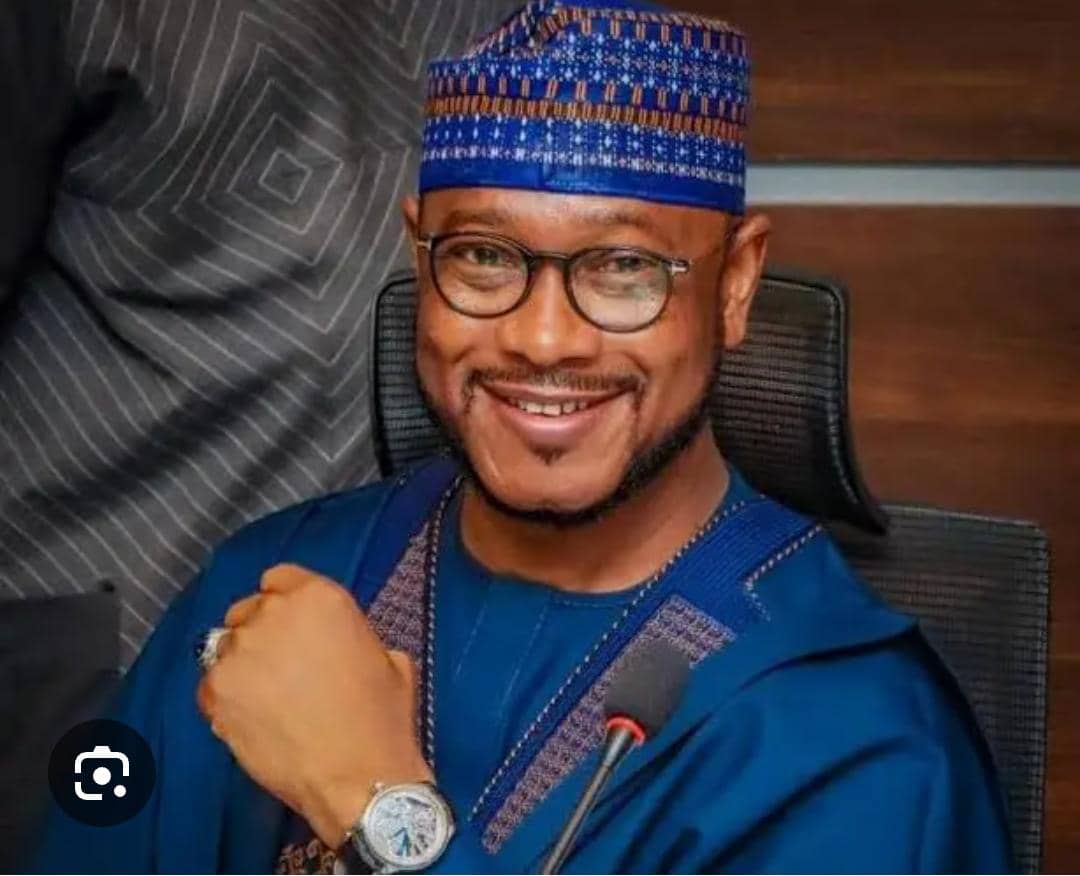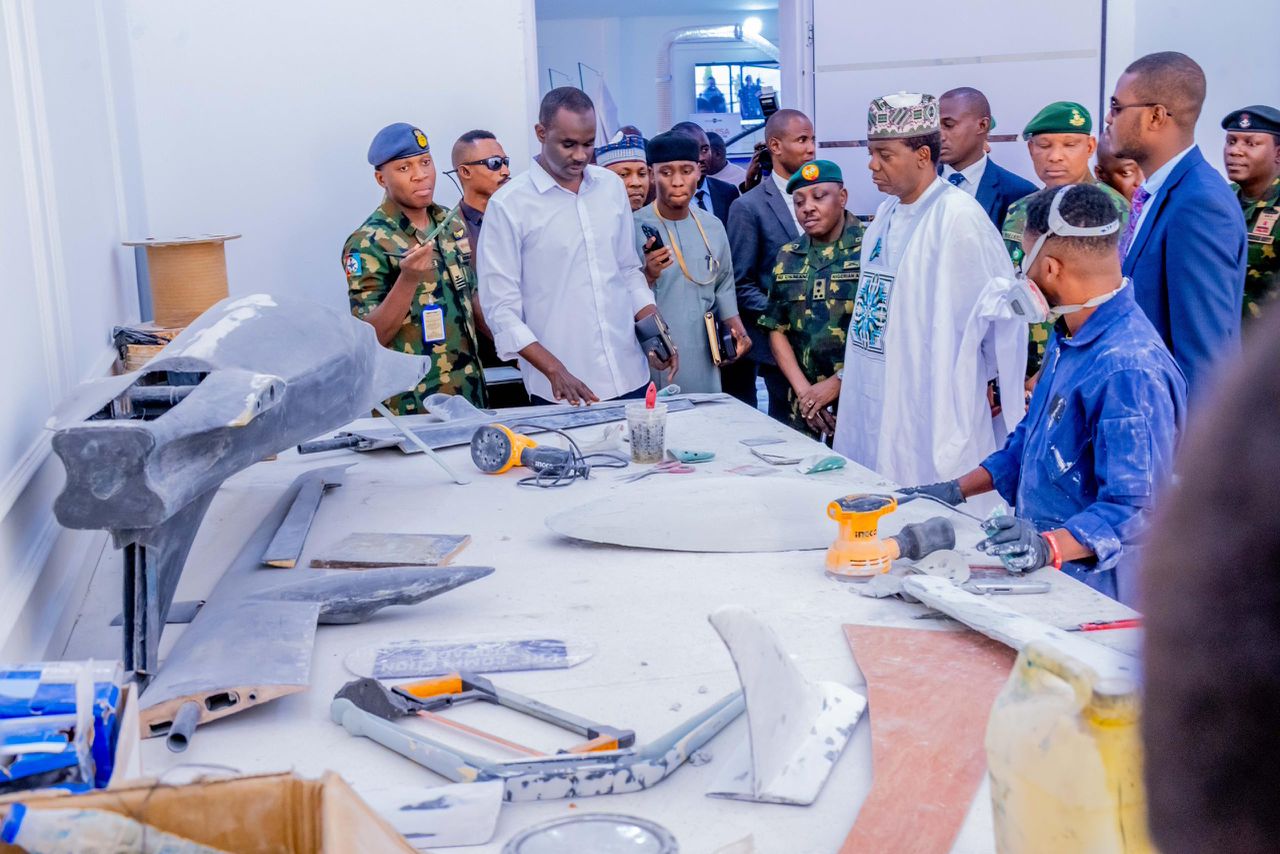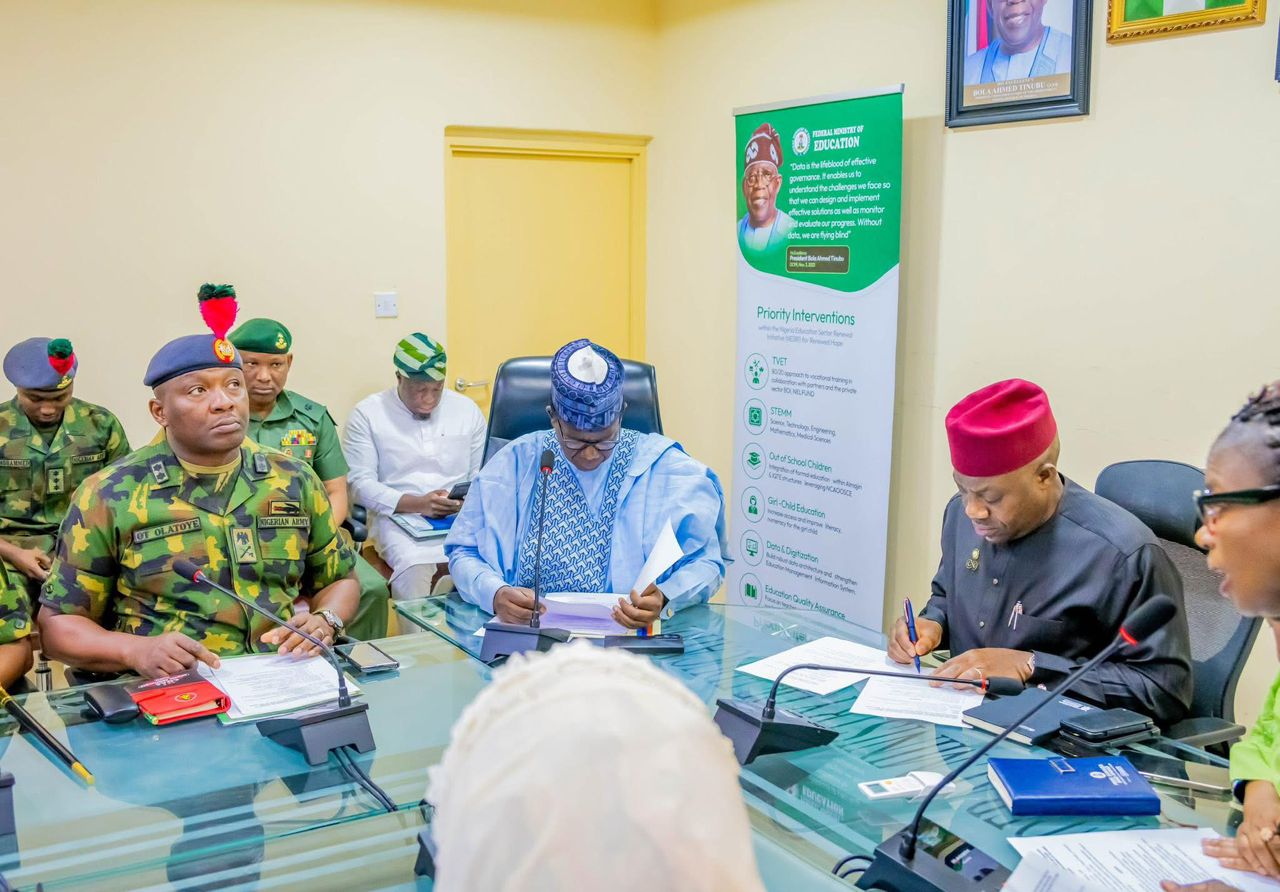The United Nations Resident Coordinator in Nigeria, Mr Mohammed Fall, has called for universities’ stakeholders to collaborate with governments to accelerate efforts to achieve the Sustainable Development Goals 2030.
Fall made this call at the second national conference of the Lagos State University’s Centre for the Actualisation of the United Nations (UN) Sustainable Development Goals (LASU-SDGs) on Monday in Lagos.
The theme of the conference was, “Making Cities And Human Settlements Inclusive, Safe, Resilient and Sustainable.”
He said that the UN had decided to use accelerators or catalyst to enable it increase speed on education, climate change, food system, jobs and social protection as well as digital economy.
“To achieve this target, we will require the participation of all stakeholders in universities, governments and private sectors.
“The theme of this conference is very pertinent and premised on goal 11 of the 17 SDGs.
“In 2005, an estimate of 50 per cent of the world’s population lived in urban areas, this estimate will reach 60 per cent by the year 2030.
“More than 50 per cent of the population live in urban areas, cities must, therefore, be prepared for this upsurge,” Fall said.
He noted that cities always had the potential to lead the country through innovation to greater prosperity and sustainability.
“Universities are centres of innovation and research, which feed into policy that can enable faster development.
“A recent SDG report indicate that only 17 per cent of the SDGs target are on track to be achieved in Nigeria by 2030.
“This is because since 2015, the world has grappled with many challenges including COVID-19 pandemic, climate change and others,” Fall said.
Prof. Ibiyemi Olatunji-Bello, Vice- Chancellor, LASU, said that the theme of the conference touched on the very existence of the human community, especially as Lagos was striving towards becoming a smart city.
Olatunji-Bello said that the goal of using resources to plan and develop cities to improve their social, economic and environmental conditions was to ensure urban sustainability and improve the quality of life of current and future residents.
“The challenges to urban sustainability are often the very same challenges that motivate cities to be more sustainable in the first place.
“In other words, the challenges are also the reasons for cities to invest in sustainable urban development.
“This is because without addressing these challenges, urban sustainability is not as effective.
“For the long-term success and resilience of cities, these challenges should serve as a current guide for current and future development,” she said.
In his opening remarks, Prof. Tayo Ajayi of the LASU Centre for Actualisation of SDGs, said that urban planning, transport systems, water, sanitation, waste management, disaster risk reduction and capacity building were all relevant issues to sustainable urban development.
Ajayi said that the aim of the conference was to bring together academics, governments, public and private enterprises to dwell on how smart city technology could benefit our population by improving and promoting environmental sustainability.
“We need to know what can be done to prevent the degradation of human communities by proposing innovative solutions to the gripping challenges the cities of the world face today,” he said.(NAN) (www.nannews.ng)





